GAIN in Kenya
Healthier diets
FOR ALL
GAIN’s mission is to advance nutrition outcomes by improving the consumption of nutritious and safe food.
GAIN’s mission is to advance nutrition outcomes by improving the consumption of nutritious and safe food.
From fast food to fresh: How to shift Kenya's eating habits to nutritious, farm-to-fork foods
The Cost of Hunger in Africa (COHA) Kenya Study (2019) estimated a loss of Kenya Shillings 373.9 billion (USD 3.1 billion) equivalent to 6.9 percent of the Gross Domestic Product (GDP) in 2014 due to child undernutrition. Childhood malnutrition results in reduced productivity, high costs of health-related treatment of malnutrition, and high education costs due to class repetition and absenteeism.
1
UNDERNUTRITION
Children bear the brunt of malnutrition, which negatively impacts their future productivity
18%
Stunting
Low height for age
5%
Wasting
Too thin for their height
10%
Underweight
Low weight for their age
2
MICRONUTRIENT DEFICIENCIES
Zinc, vitamin A, iron, and iodine are the most prevalent micronutrient deficiencies.
70%
National zinc deficiency prevalence.
81.6% of preschool children under 5 years and 67.9% of pregnant women.
41.6%
of women of reproductive age, aged 15 to 49 years have anaemia,and 69% of children suffer from iron deficiency
22%
children (6 -23 months) consume a minimum acceptable diet
3
OVER-NUTRITION
Overweight and obesity and associated diet-related non- communicable diseases.
The rate of diet-related NON-COMMUNICABLE DISEASES continues to rise
1 IN 4 adults
is overweight and/or obese
5.2%
Only 5.2% of Kenyan adults consume the recommended five servings of fruit and vegetables per day
Kenya is one of the countries impacted by malnutrition. GAIN’s Strategy aims to transform food systems to make healthier diets from sustainable food systems accessible to all people and especially those whose are most vulnerable to shocks. By 2027, we aim to improve the access of 1.5 billion people to nutritionally enhanced staple foods, improve the access of 25 million people to healthier diets, and support positive food system change in 10 countries.
GAIN has been improving nutrition in Kenya since 2010, initially supporting the Government of Kenya in fortifying staple foods. Over time, GAIN has expanded its approach to strengthen food systems by enhancing access to and demand for nutritious, safe food. Through partnerships with governments, businesses, and civil society, GAIN works to sustainably improve food availability and consumption, especially for vulnerable populations. By supporting national and county governments with expertise in nutrition and policy development, GAIN plays a key role in shaping food systems governance and driving transformation.
GAIN’s strategy aims to transform food systems, making healthier diets accessible to all, especially the vulnerable.
Some of the key milestones in Kenya include:
![]() 1.5 Billion people with access to nutritionally enhanced staple foods.
1.5 Billion people with access to nutritionally enhanced staple foods.
![]() 7Million Kenyans with access to healthier diets.
7Million Kenyans with access to healthier diets.
![]() Positive food system changes in 10/47 Counties.
Positive food system changes in 10/47 Counties.
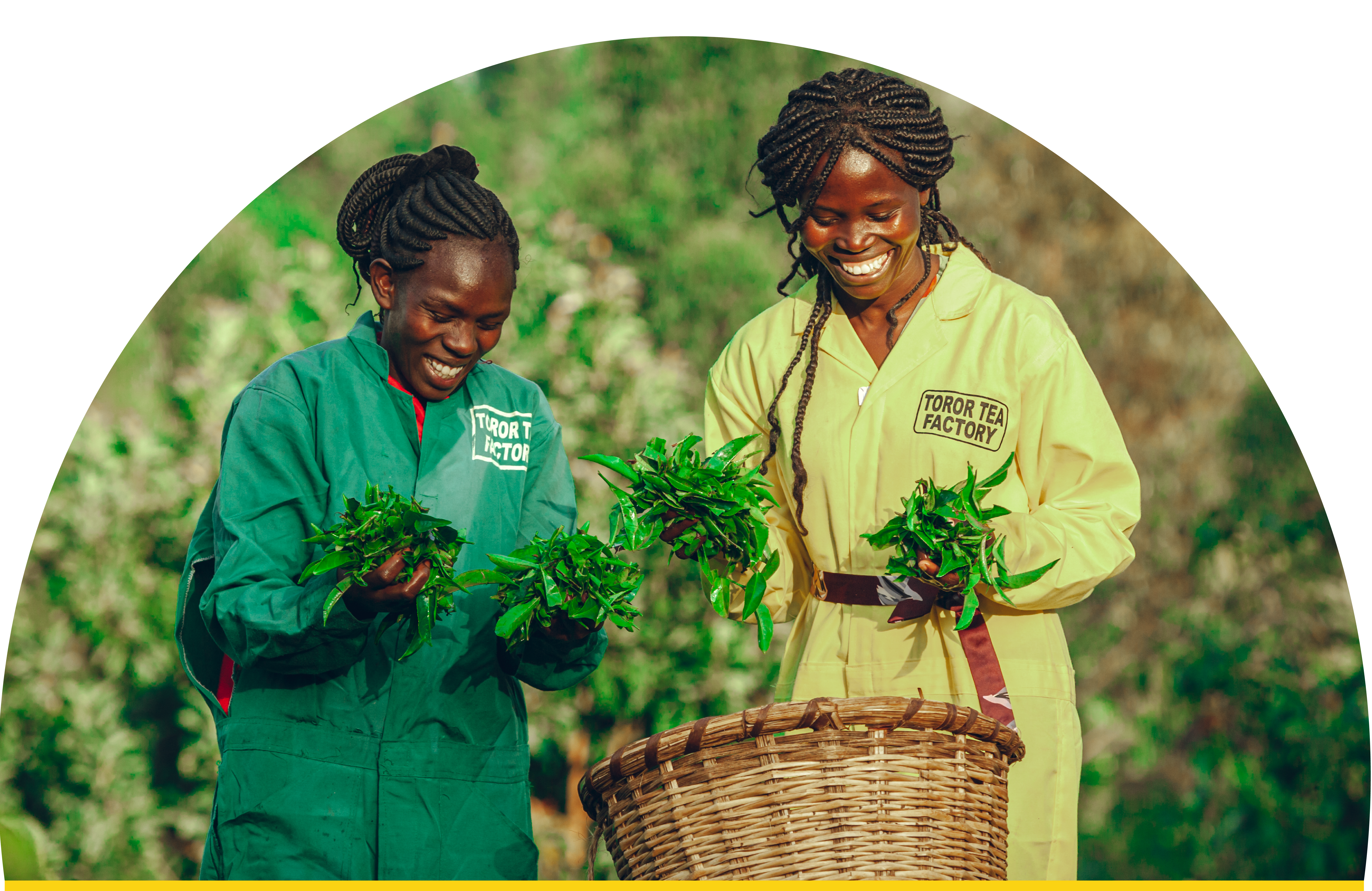
Lorem Ipsum is simply dummy text of the printing and typesetting industry. Lorem Ipsum has been the industry's standard dummy text ever since the 1500s, when an unknown printer took a galley of type and scrambled it to make a type specimen book. It has survived not only five centuries, but also the leap into electronic typesetting, remaining essentially unchanged. It was popularised in the 1960s with the release of Letraset sheets containing Lorem Ipsum passages, and more recently with desktop publishing software like Aldus PageMaker including versions of Lorem Ipsum

Country Director, Kenya
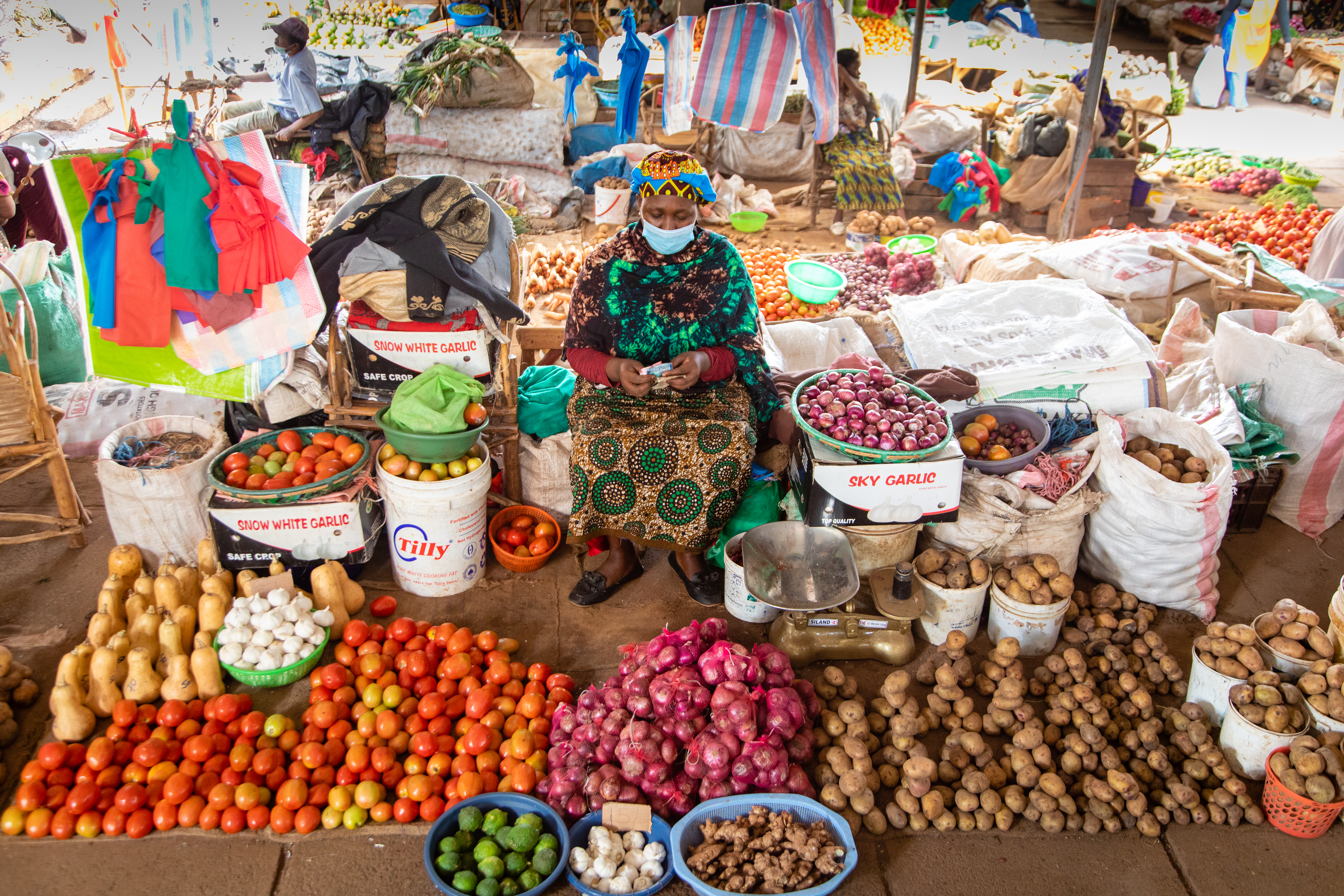
CAtalyzing Strengthened policy aCtion for heAlthy Diets and ResiliencE (CASCADE) is a Dutch-funded project whose goal is to improve food security and contribute to the reduction of malnutrition of at least 5 million women of reproductive age and children under five in Benin, Nigeria, Uganda, Kenya, Ethiopia, and Mozambique.
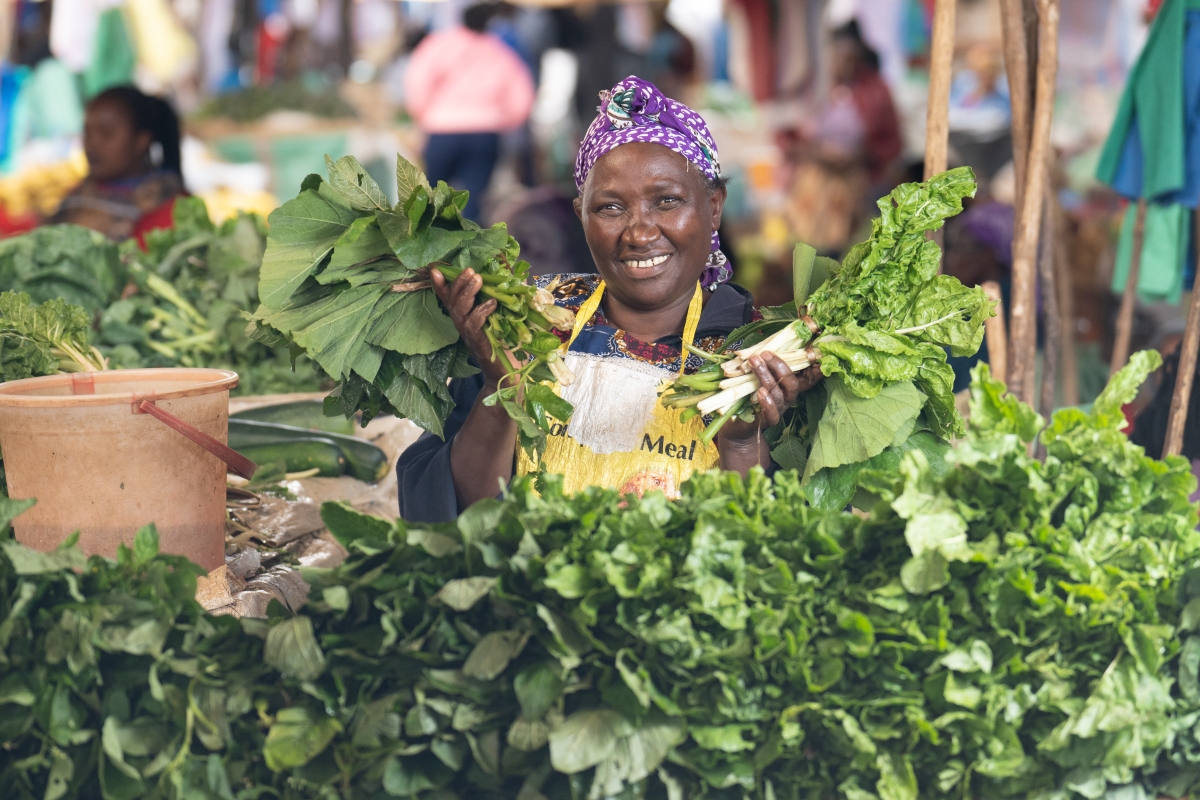
Vegetables for All is a Dutch Government-funded five-year project that aims to improve dietary diversity for 1.1 million urban and peri-urban Bottom of the Pyramid (BoP) consumers by increasing consumption of vegetables in alignment with global guidelines
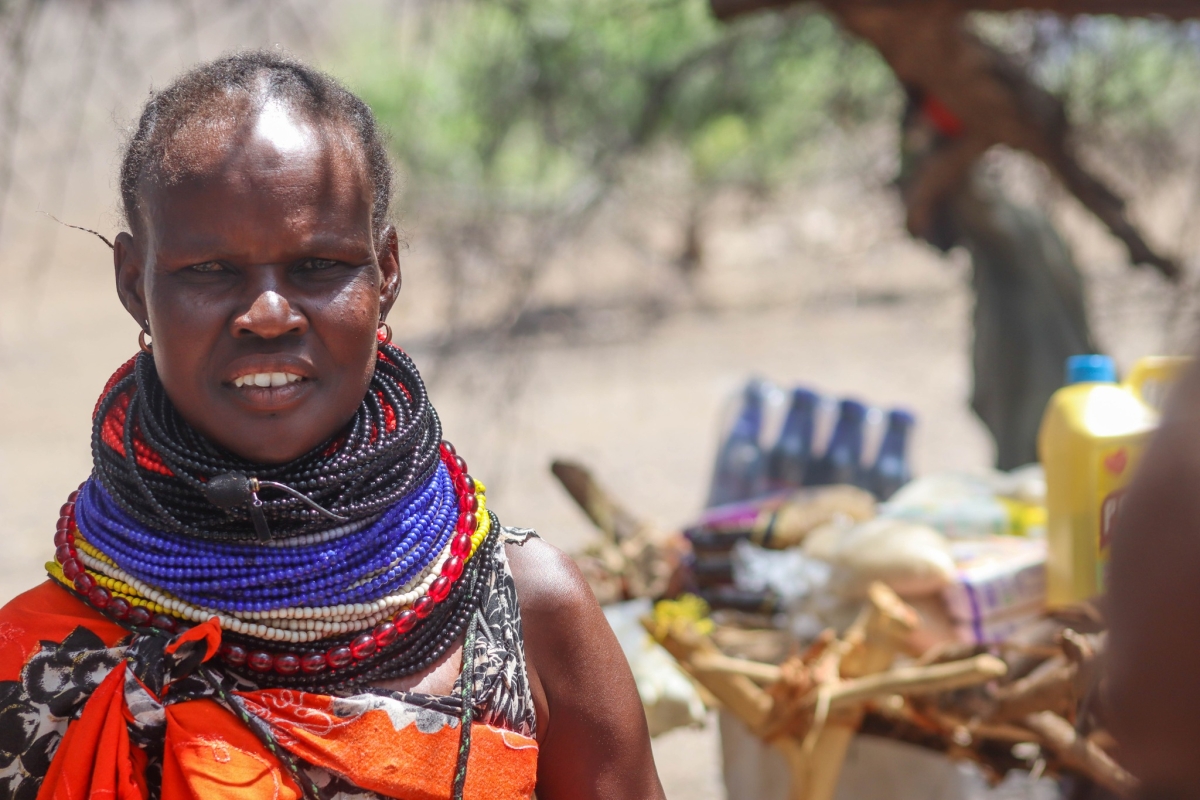
Nutrition in ASALs Within Integrated Resilient Institutions (Nawiri), is a USAID Bureau for Humanitarian Assistance (BHA) five-year research and development program that is being implemented in the arid and semi-arid counties of Isiolo and Marsabit in Kenya.
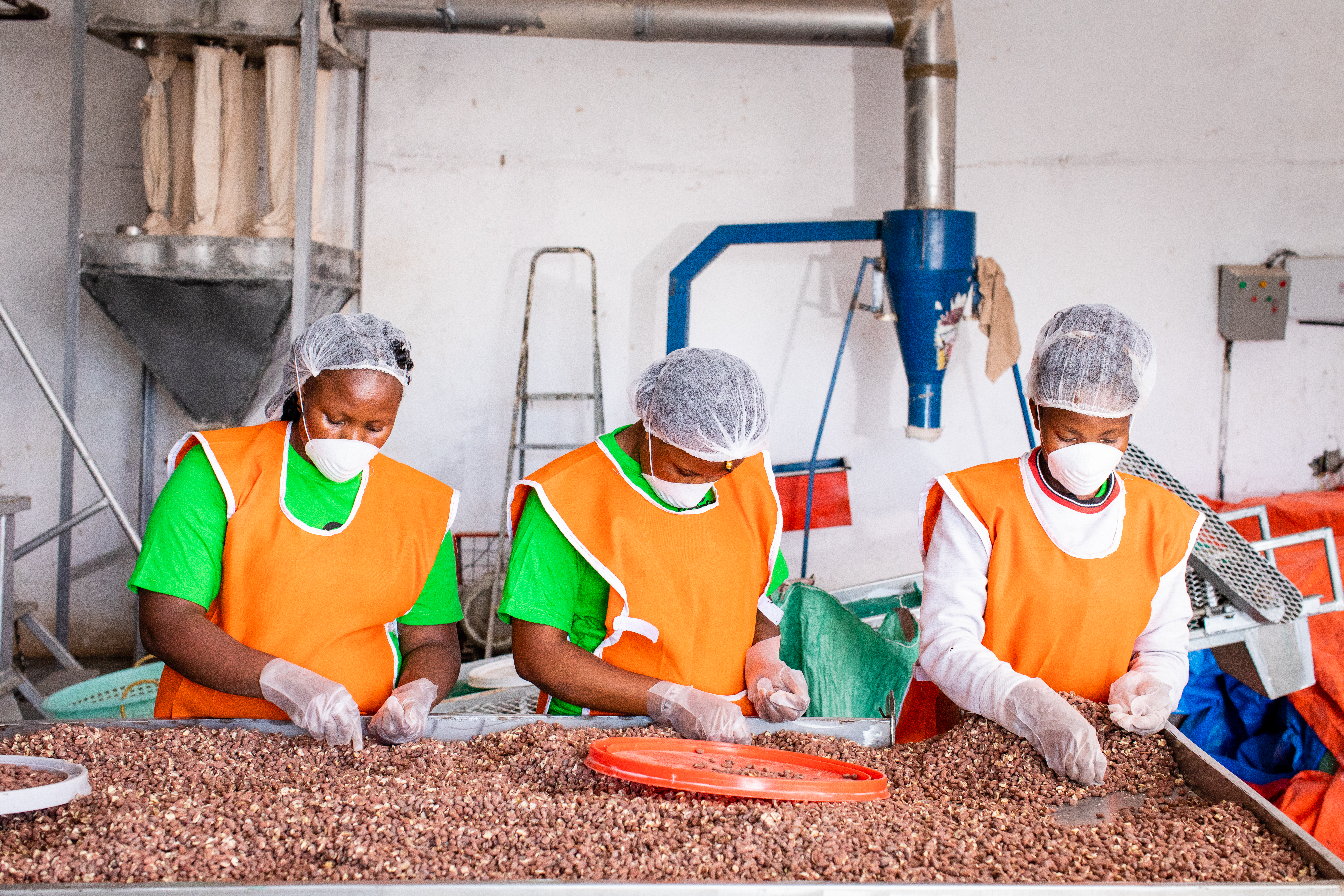
Scaling Up Nutrition Business Network (SBN) is the world’s leading private sector focused nutrition initiative. SBN is one of the six Scaling Up Nutrition (SUN) networks (Government Network, UN Network, Academia and Research Network, Civil Society, and Donor Network).

CASCADE is a Dutch-funded project whose goal is to improve food security and contribute to the reduction of malnutrition of at least 5 million women of reproductive age and children under five in Benin, Nigeria, Uganda, Kenya, Ethiopia, and Mozambique.

Vegetables for All is a Dutch Government-funded five-year project that aims to improve dietary diversity for 1.1 million urban and peri-urban Bottom of the Pyramid (BoP) consumers by increasing consumption of vegetables in alignment with global guidelines

Nutrition in ASALs Within Integrated Resilient Institutions (Nawiri), is a USAID Bureau for Humanitarian Assistance (BHA) five-year research and development program that is being implemented in the arid and semi-arid counties of Isiolo and Marsabit in Kenya.

Scaling Up Nutrition Business Network (SBN) is the world’s leading private sector focused nutrition initiative. SBN is one of the six Scaling Up Nutrition (SUN) networks (Government Network, UN Network, Academia and Research Network, Civil Society, and Donor Network).
Join us as we mark us mark International Women's Day celebrating the achievements of women around the world. We speak to some incredible female leaders around the world striving to #EmbraceEquity.
In this podcast series powered by the Global Alliance for Improved Nutrition or GAIN, we will encounter a myriad of intersecting issues, themes, and solutions. We will hear from regular folks like farmers and mothers around the world trying to put nutritious food on the table for their families. We will also talk with food systems leaders, social entrepreneurs, thought leaders, and people like you.
Nairobi, Kenya
3rd Floor, 197 Lenana Place, Lenana Road
Box office: P.O. Box 13733 – 00800
Telephone +254 773 572 103

Country Director, Kenya